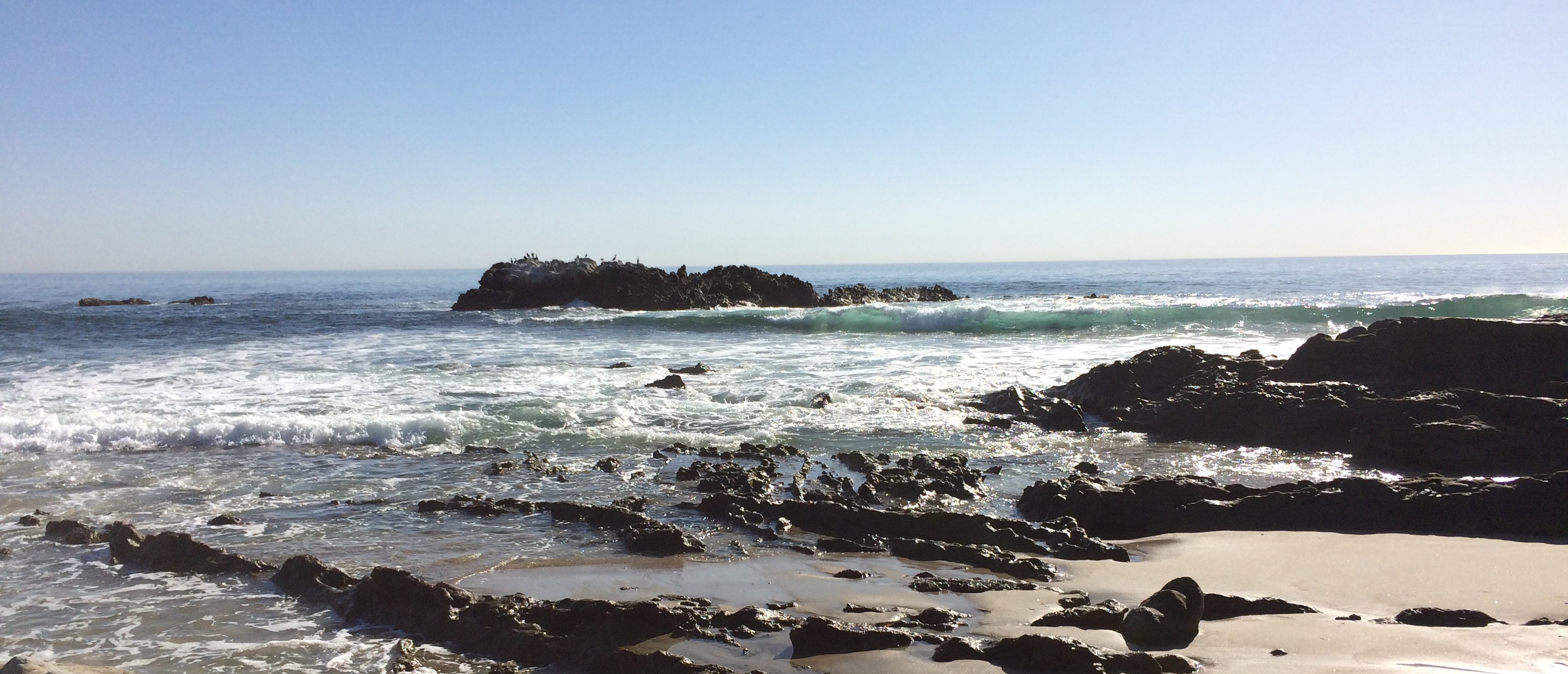The United Methodists have gathered in St. Louis, and the atmosphere is heavy with expectation about what the next four days will mean for our denomination. The church’s future is in the hands of 864 elected delegates, half clergy and half laity, who represent UMC membership around the world. Thousands more have gathered knowing that history is in the making and wanting to be first-hand witnesses. We want to take in the nuances, the side conversations, and the activities that are not captured in the live stream or the official record. And we want to live into and live out our connectional nature, not just in the legislative process, but even more so in the friends and colleagues we encounter and process with.
Today I’ve seen friends from my current home in Western Pennsylvania, as well as West Virginia, Illinois, Oregon, Ohio, Tennessee, and elsewhere. Some images from today:



This was a day of prayer before legislative sessions begin tomorrow. United Methodists around the world have been praying for this process since it began almost three years ago, and our best hope for remaining “united” Methodists is that this permeation of prayer allows us to find common ground. As deeply as I want to believe in the Holy Spirit’s power to soften hearts, factions within the church claim competing truths that are unlikely to change.
Many believe that the Christian church is in the midst of another reformation, and homosexuality is the flashpoint issue that masks deeper division. At times of great social change, as this is, there are two opposing responses: embrace the change or resist it. Those who embrace it welcome and value the cultural, racial, ethnic, gender, sexual, and, yes, even the theological diversity that the church is experiencing.
Those who resist change see it as a threat to the authority structures and power relationships that have defined institutions such as the church and the family. For them, we are already in schism, and just need to make it official. In addition to the three plans crafted by the Commission on a Way Forward, delegates will consider dozens of petitions submitted by individuals or groups that offer other options. Among them are proposals to allow United Methodist bodies to make a “gracious exit,” should they want to leave following the outcome of this process, and others that call for dissolution of the church altogether, including detailed timelines and processes for allocating assets.
Throughout this day of prayer, bishops appealed to unity, and the liturgy made repeated use of the refrain: “We are the Body of Christ, baptized in his name, redeemed by his blood, filled by the Holy Spirit.” Yet the setting did little to convey such unity, with bishops seated onstage and delegates at tables across a vast stadium floor, and observers high above in the stadium seats. (I understand that monster trucks will move into the space the day after the UMC departs.)

The Body of Christ is deeply divided and badly bruised. In just a few days time we will know whether the prayers of this day and the months preceding will keep us united, or whether we will emerge in formal schism. But the Body of Christ, including the body of Methodism, has experienced division before, and should the UMC not survive intact, the passion and commitment on display this week means that Methodism will continue in some form(s) well into the future. It just may be a bumpy ride getting there.
